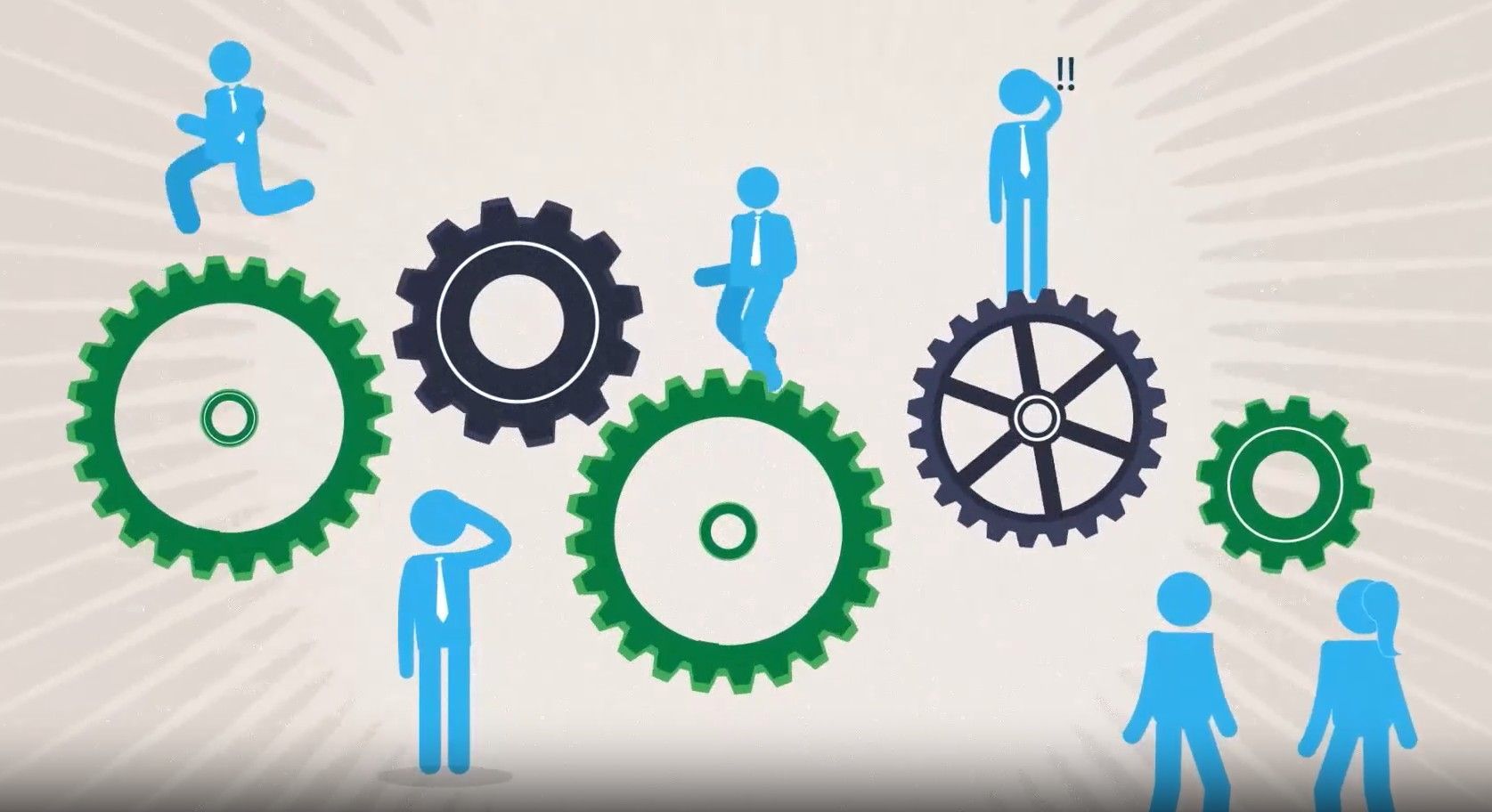Is Your ‘Sales Department’ Really Selling?
August 14, 2025
In the beginning was the company founder who could sell. And the founder was omnipresent, handling all after-sale transactional duties, too. And the founder was omniscient, knowing where everything was and where it should be. The business was (almost) a sales-driven paradise.
But then paradise got better , becoming Paradise Plus. The founder sold more and more, eventually hiring someone to handle all those pre-sale and after-sale transactional duties-quoting prices, answering questions about features or specifications, confirming availability and delivery details, and myriad other tasks that together actually got the dollars in the door and helped retain customers.
That person, whose responsibilities were in fact sales- related , became the “sales department.” As the business grew, so did the sales department as a second, third, and fourth person was hired.
At some point, however, the founder was no longer omnipresent or omniscient and no longer knew where everything was or where it should be. (After all, this founder was only human.)
| Hope from Hunger Networking
Don’t forget to join us on Tuesday, August 19, from 4 to 6 p.m., to pack life-saving meals and network in a new way. See our June column, ” Turning Hunger into Hope ,” or call us at 847-446-0008 Ext. 1. E-mail works, too: pkrone@productivestrategies.com. |
Many successful companies reach this point. When they do, at least two different types of evolution in sales can then take place.
First, to continue to grow sales, the founder brings on someone else whose job it is to sell-a dedicated salesperson or perhaps another principal. This second business developer won’t have the same historical perspective on the business and its place in the market the founder does and may well lack the founder’s technical expertise and industry connections.
Business developer #2 will certainly come from a different business culture, perhaps even from a different industry. It is critical that this person have both strong consultative selling skills and a custom sales process to become as successful as the original seller in creating value for prospects and customers.
Second, at some point it almost always becomes clear that the inside “sales department” is in fact a customer service department. It doesn’t produce the sales its name implies, neither penetrating current accounts nor hunting new business. Often, attempts are made to try to devote a portion of the customer service reps’ time to selling. This tack sounds logical, but it’s not and almost always fails. Why doesn’t this seemingly commonsense step make sense? There are several possible reasons:
- Lack of training beyond customer service tasks
- The customer service reps are programmed to handle transactional requests first. Switching between serving customers and selling to them is hard, if not impossible
- Not enough time earmarked for selling
- No enforcement of time earmarked for selling
- Incorrect personal “wiring.” Good customer service reps are wired to help people, not “sell” people.
Does that scenario sound familiar? Is your sales department really a customer service department? Are you asking customer service reps to sell? If it’s working, we’d like to hear about it. If it’s not, we’d also like to hear about it. Meanwhile, here are some things to think about. Call us if you’d like to learn more.
- Sales departments that are really only performing customer service should be renamed to reflect the work they’re actually doing.
- If you’re serious about inside sales, then create a new department. That can be as simple as hiring one true salesperson, designating that person as the “sales department,” and meaning it
- Train your sales department in consultative selling skills that can be used to develop business from current accounts and new ones
- Develop a sales process customized to your company and your industry. This not only improves sales; it also makes getting new salespeople up to speed much faster.
In some industries, a third type of evolution is taking place with which manufacturers must come to terms: Distributors, once valuable in part because they created new business for their customers, have essentially become order takers. Reasons vary but here are three:
- Many are now run by second and third generation owners, who may or may not have a “fire in the belly” for selling and building markets companies can’t easily reach with their sales forces.
- Technology has changed the game-in this case, enabling original equipment manufacturers to find and order directly from suppliers
- Distributors are wary of being stuck with inventory they can’t sell or return, which is what happened during the last recession. Now, they often take an order for which they don’t carry stock and ask the supplier to drop ship to the customer.
The changing nature of distribution channels and the “noise” that change is generating is significant, and we plan to address it in a future column. Suppliers need a strategy to define the role of all intermediaries-distributors, dealers, retailers, independent and direct sales representatives, and others.
But for now, simply ask yourself and your team whether your “sales department” needs a new name that better describes what it actually does. And, even more important, ask yourself whether, in fact, you need to create a sales department that’s wired to sell.
Whatever the answers might be, please give us a call. We can help you assess where your sales department is in its evolution. And then, wherever it is, we can help your people develop the sales skills and customized sales process they need to grow your topline.
The post Is Your ‘Sales Department’ Really Selling? appeared first on Productive Strategies, Inc..










